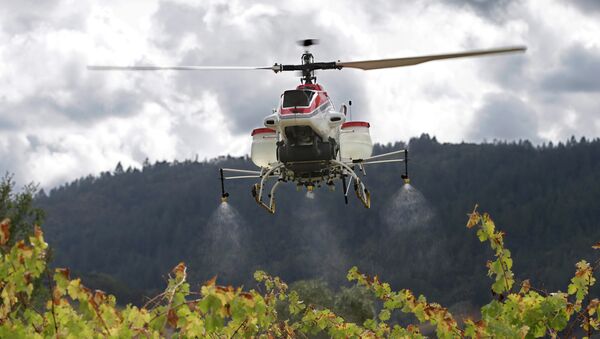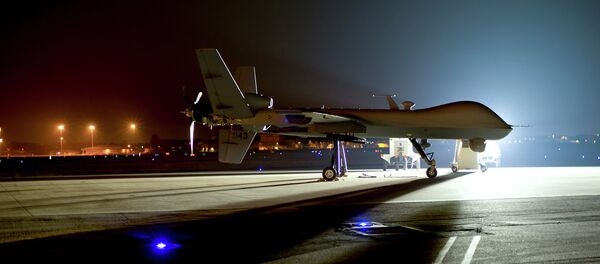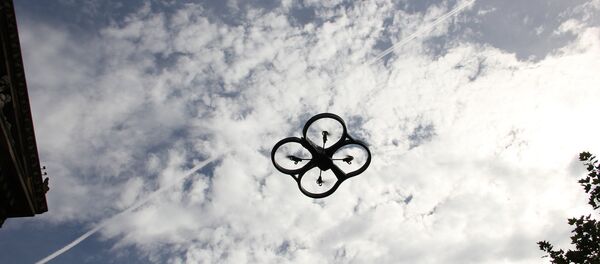"Yamaha Motor Corporation, U.S.A. is granted an exemption <…> to the extend necessary to allow the petitioner to operate the RMAX UAS for the purpose of agricultural-related services operations," the FAA's decision issued stated.
The FAA's framework of regulations released in mid-February outlined safety precautions for UAS, including that they must weigh less than 55 pounds.
The aviation authority's exemption No. 11448, issued on May 1 and set to expire May 31, 2017, states that the Yamaha drone can weigh as much as 218 pounds at takeoff.
Additionally, the FAA exemption limits the UAS speeds to 45 miles per hour, their altitudes to 400 feet above ground level and a distance of "at least 500 feet from other people."
The two-bladed gas-powered RMAX has been used by Japanese farmers in crop spraying since as early as 1987.
Drones are used in policing, firefighting, pipeline checks, and in the military.
According to the Association of Unmanned Vehicle Systems International, unmanned aerial vehicles could create an estimated 100,000 jobs and $82 billion in the first decade if the FAA allows commercial drone flights in the United States.
Large US companies such as Google and Amazon have shown interest in using drones for their services, but regulators are worried about privacy concerns connected with the technology.



